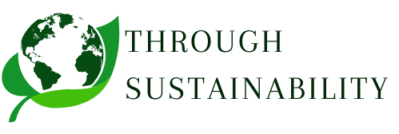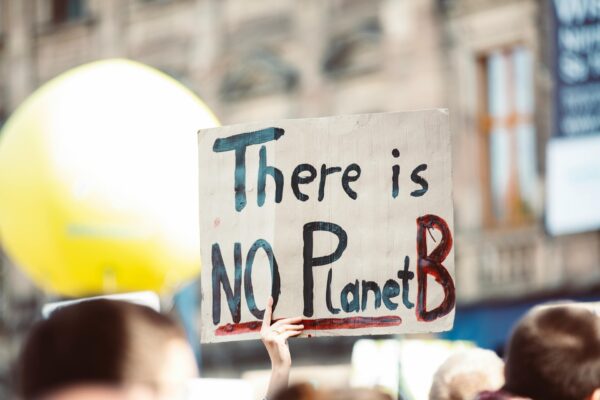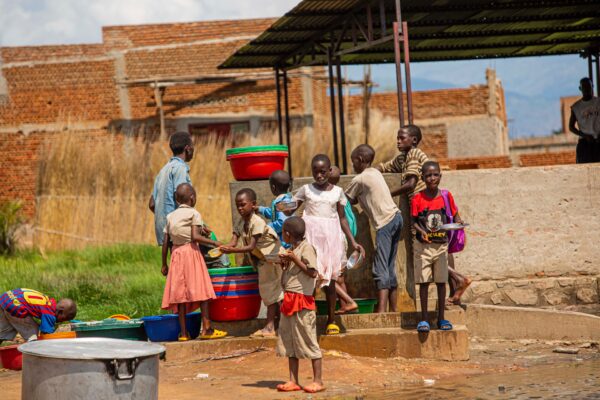COP28 Recap: What’s Next for COP29?
The COP28 summit in Dubai made significant strides, including the creation of the Loss and Damage Fund and a historic agreement to transition away from fossil fuels, setting the stage for high expectations at COP29. Unresolved issues, particularly around carbon markets, will be a key focus as the world looks to COP29 for further breakthroughs in climate action.
COP28 Recap: What’s Next for COP29? Read More »







